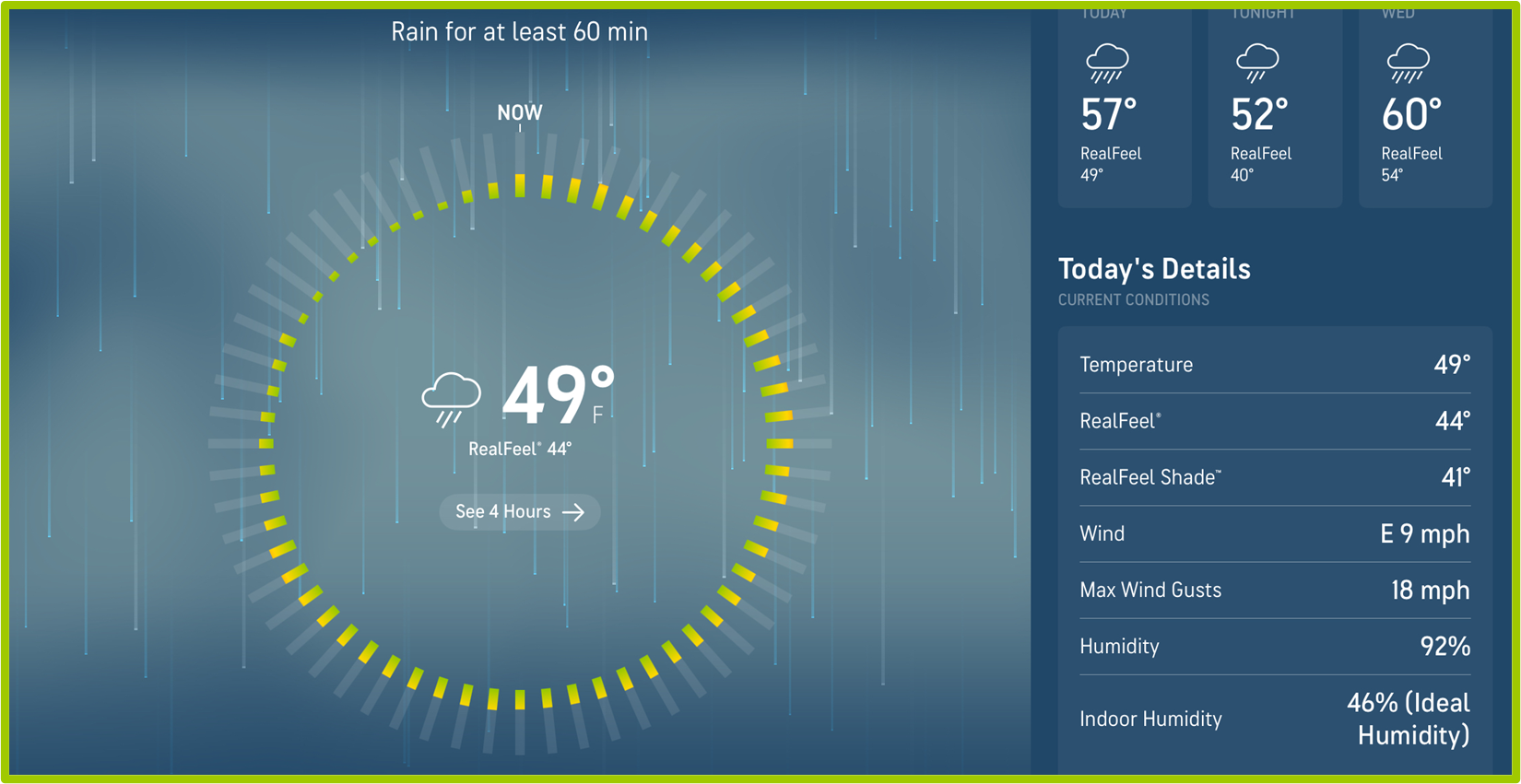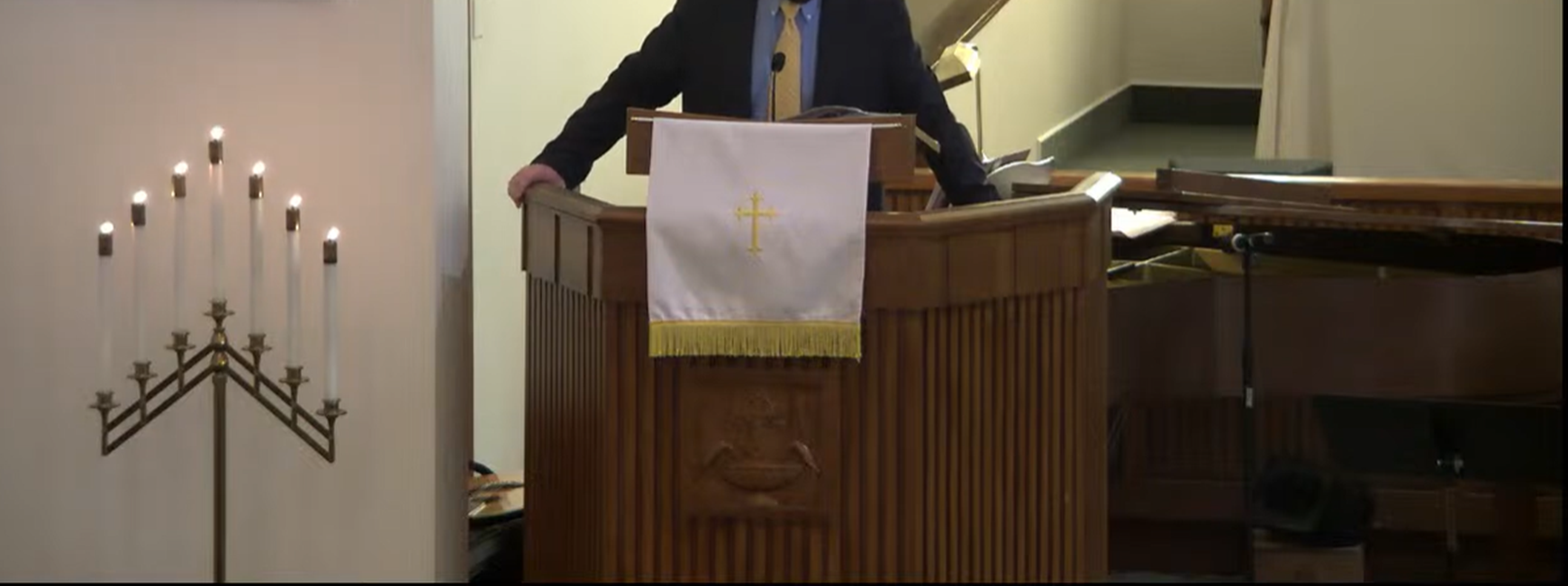I spent some quality time in a medical waiting room earlier in the week. Routine visit and all is well, at least health-wise. But maybe all is not well in other ways. Placed prominently for all to see was the sign in the photo above:
Please treat our staff with respect.
Your words matter. Your behavior matters.
The safety of our patients and our team matters.
Thank you.
I don’t miss the year-old copies of Good Housekeeping, Sports Illustrated, and Road & Track that used to be a part of every waiting room, but this was something new and sad to see. I am assuming a reason, an incident or repeated incidents, that prompted the staff at the clinic to place the sign prominently in their waiting room. Unkind words spoken to the staff, the safety of patients and team members threatened. Wait, this is small-town America.
It has been sixty years since we were reminded that the times they are a-changin’. Of course, times are always changing, but maybe particularly so in the past sixty years. And lest I find myself criticizing what I don’t understand, I should quickly add that I am among those who have gained much from the changes that have been far beyond my command. What a wonderful life! But what gain is there in having to be reminded to behave in the clinic’s waiting room? Continue reading





